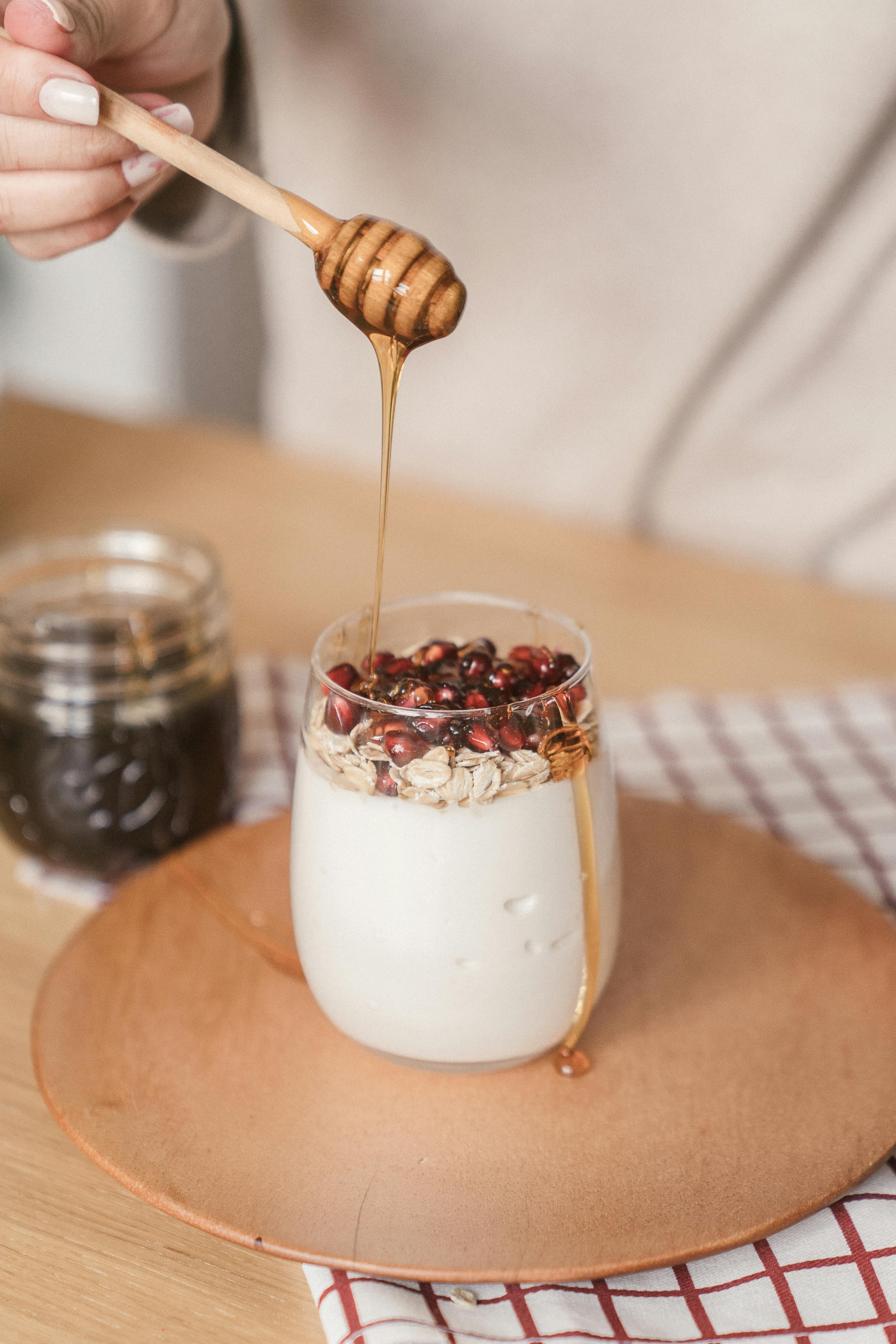
Smart Ways to Manage Your Dog's Diet with Pancreatitis
Managing a dog's diet when they have pancreatitis is crucial for their health and well-being. Pancreatitis in dogs can lead to inflammation of the pancreas, making it essential to monitor and adjust their food intake carefully. The right pancreatitis dog diet not only aids in recovery but also helps prevent flare-ups. By understanding the symptoms of pancreatitis in dogs and employing effective dietary management strategies, you can support your furry friend on their path to recovery. This article will cover the best diet for dogs with pancreatitis, focusing on low-fat dog food options, appropriate treats, and homemade versus commercial dog food for pancreatitis. We will also touch on hydration needs and provide feeding guidelines for pancreatitis.
Understanding Pancreatitis in Dogs
Before diving into dietary management, it is crucial to understand what pancreatitis is and how it affects dogs. Pancreatitis refers to the inflammation of the pancreas and can be acute or chronic. Signs of dog pancreatitis may include vomiting, decreased appetite, abdominal pain, and lethargy. In some cases, pancreatitis can also lead to more severe complications. Importance of low-fat diets cannot be understated, as high-fat foods can exacerbate the condition.
Symptoms of Pancreatitis in Dogs
Recognizing the symptoms of pancreatitis in dogs is vital for early detection and treatment. Common signs include vomiting, diarrhea, a swollen abdomen, and lack of energy. Dogs may also display signs of pain or discomfort, like whining or reluctance to move. Monitoring these symptoms can help in timely veterinary diagnosis and subsequent dietary adjustments. If your dog shows any of these signs, consult your vet immediately.
Causes of Canine Pancreatitis
Various factors contribute to pancreatitis in dogs, including dietary indiscretion, obesity, and certain medications. High-fat diets and rich table scraps are significant culprits, especially in dogs predisposed to this condition. Some breeds, such as small dogs, are more susceptible to developing pancreatitis. Understanding the causes can help in implementing preventive measures and dietary changes.
Pancreatitis Diagnosis in Dogs
To diagnose pancreatitis, veterinarians typically perform blood tests to check for elevated pancreatic enzymes. Abdominal ultrasounds may also be used to assess the pancreas's condition. Prompt diagnosis is essential as it leads to timely treatment and dietary interventions that support recovery. If you suspect your dog has pancreatitis, seek veterinary help without delay.
The Best Diet for Dogs with Pancreatitis
Creating a proper pancreatitis diet for dogs plays a crucial role in managing the condition. The best diet for dogs with pancreatitis should be low in fat and easy on the digestive system. This section explores both homemade dog food for pancreatitis and commercial dog food for pancreatitis, helping you make an informed choice about your dog’s diet.
Low-Fat Dog Food Options
Choosing low-fat dog food is key to managing pancreatitis. Look for dog foods specifically formulated for pancreatitis, which typically contain low levels of fat and high fiber content to aid digestion. Always read the labels to ensure that the food does not contain high-fat ingredients. Some recommended options are specially designed veterinary diets that support canine digestive health.
Homemade Dog Food for Pancreatitis
Preparing homemade dog food for pancreatitis allows you to customize the ingredients for your pet's specific needs. Focus on lean protein sources like chicken or turkey, coupled with carbohydrate sources like pumpkin or rice. Avoid fatty cuts of meat and focus on cooking methods that maintain low-fat levels. Consult your veterinarian for appropriate recipes that cater to a pancreatitis diet.
Commercial Dog Food vs. Homemade Diets
When comparing commercial dog food for pancreatitis to homemade diets, consider factors such as convenience, nutritional balance, and quality. Many commercial diets are scientifically formulated to meet the dietary needs of dogs with pancreatitis. However, homemade diets can provide fresh ingredients tailored to your dog's preferences. Ensure that whatever route you choose meets the nutritional guidelines for managing pancreatitis effectively.
Feeding Guidelines for Dogs with Pancreatitis
Establishing feeding guidelines is essential for dogs with pancreatitis. Gradual diet change for dogs is recommended to avoid further upsetting the digestive system. Here are some strategic tips for managing your dog's meal plan effectively.
Feeding Frequency and Portion Control
Implement a feeding schedule that includes smaller, more frequent meals throughout the day. This approach helps keep the digestive system stable and reduces the workload on the pancreas. Monitor portion sizes to maintain weight and prevent obesity, which can complicate pancreatitis management.
Hydration and its Importance
Hydration is crucial for dogs with pancreatitis. Ensure your dog has access to fresh water at all times. You may also consider adding electrolytes to their water to support recovery. Keep an eye on hydration levels, especially during flare-ups when the risk of dehydration increases.
Safe Treats for Dogs with Pancreatitis
Selecting pancreatitis safe treats is vital. Look for low-fat, low-calorie options or consider homemade treats using approved ingredients from their diet. Remember to limit treats to avoid overloading the diet. Always consult your veterinarian for recommendations on safe snacks that won't exacerbate the condition.

Long-Term Pancreatitis Management Strategies
Managing pancreatitis in dogs requires a long-term commitment to dietary management. While acute pancreatitis may resolve, chronic pancreatitis may necessitate ongoing adjustments to your dog’s diet and lifestyle. Understanding dietary restrictions is crucial for maintaining your dog's health.
Monitoring and Adjusting the Diet
Regularly monitoring your dog's weight and overall health is essential. Adjust the diet as needed, especially if your dog shows signs of weight loss or gain. Consult your vet for ongoing dietary advice and potential adjustments based on your dog's condition.
Maintaining Weight in Pancreatitis Dogs
Weight control is vital for dogs with pancreatitis. Maintain a balanced diet that meets their nutritional needs without promoting obesity. Regularly assess your dog’s body condition and adjust their calorie intake accordingly. A collaborative approach with your veterinarian can ensure optimal weight management.
Success Stories and Veterinary Advice
Learning from success stories can provide hope and guidance for dog owners managing pancreatitis. Reach out to veterinarian-approved dietary programs or support groups that can offer practical advice, share experiences, and help navigate challenges faced in dietary management.

Conclusion
Effectively managing pancreatitis in dogs revolves significantly around diet. Utilizing the knowledge gained in this article, you can implement the best practices and dietary recommendations tailored to your dog’s unique needs. Establishing a low-fat diet, making informed food choices, and regularly consulting your veterinarian will optimally support your dog's recovery and long-term health.
```